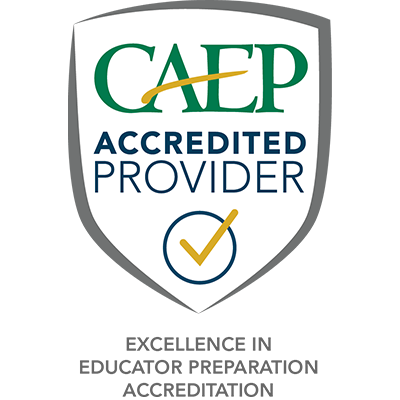Special Education Endorsement
Explore Special Education at Wayne State University. Our courses are designed to prepare you with the teaching knowledge and skills for special education to help transform the lives of individuals living with disabilities.
Concentrations
- Special Education
What you will learn
The endorsement in Special Education will provide you with in-depth preparation to work with students in the areas of autism spectrum or cognitive impairment and add an endorsement to your teaching license.
Curriculum
Endorsement-Only Courses: Cognitive Impairment
Note: List of courses applies only to students with a current teaching certificate.
| Required Courses | Cr. Hrs. |
|---|---|
| SED 5000 History, philosophy, ethics of teaching students with disabilities* | 2 |
| SED 5090 Transitions for students with disabilities** | 2 |
| SED 5080 Engaged learners, supportive environments** | 2 |
| SED 5600 Consultation and collaboration** | 2 |
| SED 5110 Introduction to teaching students with moderate/significant support needs | 3 |
| SED 5130 Teaching students with moderate/significant support needs | 3 |
| SED 5125 Teaching students with significant/multiple support needs | 3 |
| SED 5121 Language development and instruction for students with moderate/significant support needs | 3 |
| SED 5115 Observation and assessment of students with moderate/significant support needs | 3 |
| TED 7060 Inclusive education, curriculum, pedagogy | 3 |
| SED 7800 Internship (180 hrs, students in endorsement area) | 3 |
*Prerequisite to all SED courses.
**Prerequisite to all SED courses.
Endorsement-Only Courses: Autism Spectrum Disorder
Note: List of courses applies only to students with a current teaching certificate.
| Required Courses | Cr. Hrs. |
|---|---|
| SED 5000 History, philosophy, ethics of teaching students with disabilities* | 2 |
| SED 5090 Transitions for students with disabilities** | 2 |
| SED 5080 Engaged learners, supportive environments** | 2 |
| SED 5600 Consultation and collaboration | 2 |
| SED 6021 Introduction to teaching students with ASD | 3 |
| SED 6030 Teaching students with cognitive and behavior differences | 3 |
| SED 6050 Teaching students with communication differences | 3 |
| SED 6060 Teaching students with movement and sensory differences | 3 |
| SED 7770 Assessment and evaluation of students with ASD | 3 |
| TED 7060 Inclusive education, curriculum, pedagogy | 3 |
| SED 7800 Internship (180 hrs, students in endorsement area) | 3 |
*Prerequisite to all SED courses.
**Prerequisite to all SED courses.
Admission requirements
If you are adding an Autism Spectrum or Cognitive Impairment endorsement to your teaching license and it is your first endorsement in the area of Special Education, your program will require 29-31 graduate-level credit hours. Students completing their second endorsement in the area of Special Education are encouraged to make an appointment to meet with a program advisor in order to determine their eligibility for a program with fewer credits. All course work must be completed in accordance with the academic procedures of the College of Education and the Graduate School's regulations governing graduate scholarship and degrees.
Learn more
Develop the knowledge and skills that are essential for success as an educator. An Endorsement in Special Education will allow you to strengthen your educational backgroun in the area of special education and to further work and help special needs students to learn and grow.
- Want to find out more about exercise and sport science at Wayne State? Request more information
- Eager to get started? Apply now
- Make sure you are on track for graduation Speak with an academic advisor
Accreditation

CAEP_Accreditation
The College of Education educator preparation programs are accredited by the Council for the Accreditation of Educator Preparation (CAEP).
Accreditation means that a program meets the standards set by the academic and professional community. It’s a seal of approval indicating that the program prepares new educators to teach effectively.
Contact
Theodoto Ressa, Ph.D.
Associate Professor and program coordinator
313-577-3358
theodoto.ressa@wayne.edu
Teacher Education Division
Phone: 313-577-0902
Career insights
This tool provides a broad overview of how major selection can lead to careers and is provided without any implied promise of employment. Some careers will require further education, skills, or competencies. Actual salaries may vary significantly between similar employers and could change by graduation, as could employment opportunities and job titles.